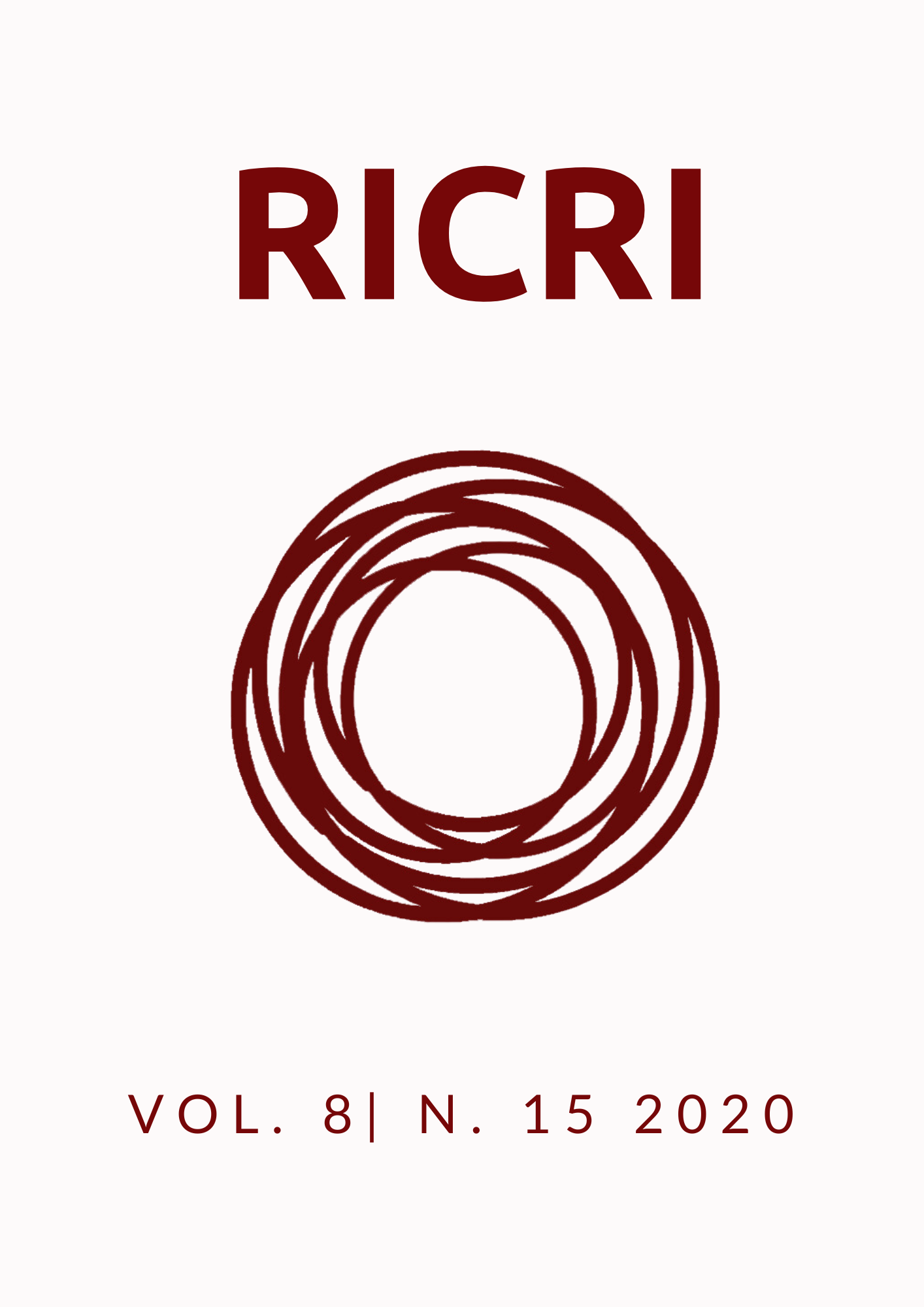O Conservadorismo na Diplomacia Midiática de Araújo
Um estudo de caso sobre tweets de 2018 a 2020
DOI:
https://doi.org/10.22478/ufpb.2318-9452.2020v7n15.54904Abstract
This article aims to explore the applicability of the concepts of conservatism and media diplomacy in the speech evidenced by the current Minister of Foreign Affairs of Brazil, Ernesto Henrique Fraga Araújo. Recognizing that social media promotes connectivity between individuals and a high degree of range and impact on the expression of discourse, the Twitter communication vehicle is the object of study. The chosen theme is justified from the perspective of the media to emerge as a relevant actor in the political sector. Furthermore, communication networks can be used as political tools, to legitimize a kind of diplomacy and instigate public opinion with conservative ideals favorable to their way of acting. To this end, a bibliographic review was carried out, through a theoretical survey to reflect on the conservative discourse. Thus, tweets that reflect the Minister's ideologies and positions were filtered and analyzed, from the time frame from October 2018 to June 2020. Subsequently, a critical review was proposed, ranging from the discursive tools manifested to the details of the guidelines and the observation of policies defended virtually by the personality in question. This structure makes it possible to carry out an analysis of qualitative and quantitative elements, highlighting the axes: I ideological discourse, II guidelines covered and III policies and institutional positions defended.
Keywords: Conservatism; Media diplomacy; Ernesto Araújo; Twitter.
Downloads
Published
How to Cite
Issue
Section
License
Authors who publish with this journal agree to the following terms:
a. Authors retain copyright and grant the journal right of first publication with the work simultaneously licensed under a Creative Commons Attribution License that allows for sharing of work with acknowledgment of its initial publication in this journal.
b. Authors are able to take on additional contracts separately for non-exclusive distribution of the version of the work published in this journal (e.g., post it to an institutional repository or as a book), with an acknowledgment of its initial publication in this journal.
c. Authors are permitted and encouraged to post their work online ( eg, in institutional repositories or on their website) at any point before or during the submission process, as it can lead to productive exchanges , as well as increase the impact and citation of published work ( See the Effect of Open Access).




